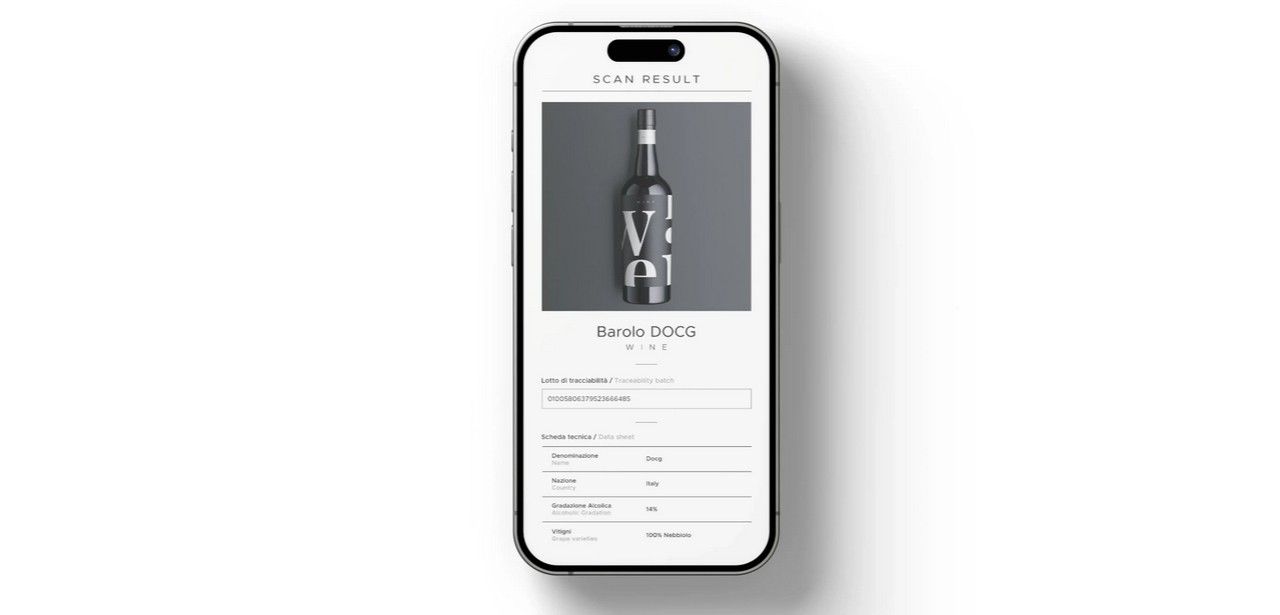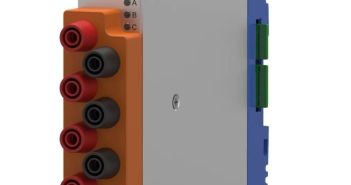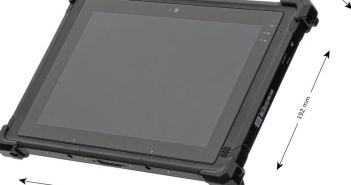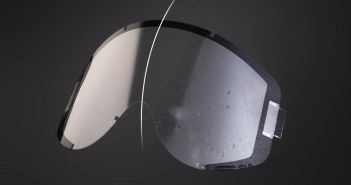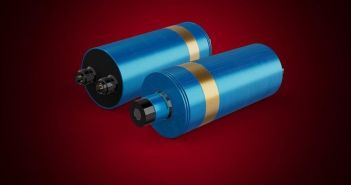The European Union has implemented new regulations for wine labels, effective from December 8, 2023. These regulations require all wines produced and sold within the EU to provide consumers with additional information on their labels. This includes details on energy content, intolerances or allergens, nutritional information, and ingredients. However, fitting all this information on a label poses a challenge.
Efficient and flexible: Digital labels revolutionize wine labeling
Digital labels provide a practical solution for the wine industry by allowing all necessary information to be accessed digitally through a QR code or website link. This eliminates the need to overcrowd the physical label with excessive text. With a simple scan of the QR code, customers can instantly access detailed information about the wine, including ingredients, nutritional facts, and allergen warnings. This convenient and efficient method ensures that consumers have easy access to the information they need.
Digital labels offer a clear advantage in terms of easily updating information. If there are changes in the data and information related to a specific product, there is no need to reprint the label. Instead, updates can be made digitally, saving time and resources.
Digital labels provide the flexibility to dynamically set the target address of a QR code or URL. This means that not only can the necessary details be updated after printing the label, but even the electronic target address of the URLs can be managed and changed as needed. This allows for easy and efficient updates of information, ensuring that consumers always have access to the most up-to-date and relevant content.
Digital wine labels offer a flexible and cost-effective solution for providing consumers with additional information about the wine. By using a QR code or a website link, all the necessary details can be accessed digitally, eliminating the need for extensive information on the physical label itself. This allows winemakers to utilize the limited space on the label for other purposes, maximizing its potential.
The use of digital labels provides significant advantages in complying with regulations. The strict data collection and tracking requirements set by the EU ensure consumer protection. By avoiding the use of proprietary websites or apps, winemakers can avoid violating these requirements and incurring substantial fines. Digital labels offer a solution that allows winemakers to meet legal obligations while safeguarding privacy and data protection.
Digital wine labels revolutionize the wine industry by providing a multitude of benefits. They enable efficient and flexible information delivery, simplify data updates, and optimize the limited space on the label. With the appropriate tools and adherence to EU regulations, winemakers can leverage the advantages of digital labels to provide valuable information to their customers, enhancing their overall wine experience.


